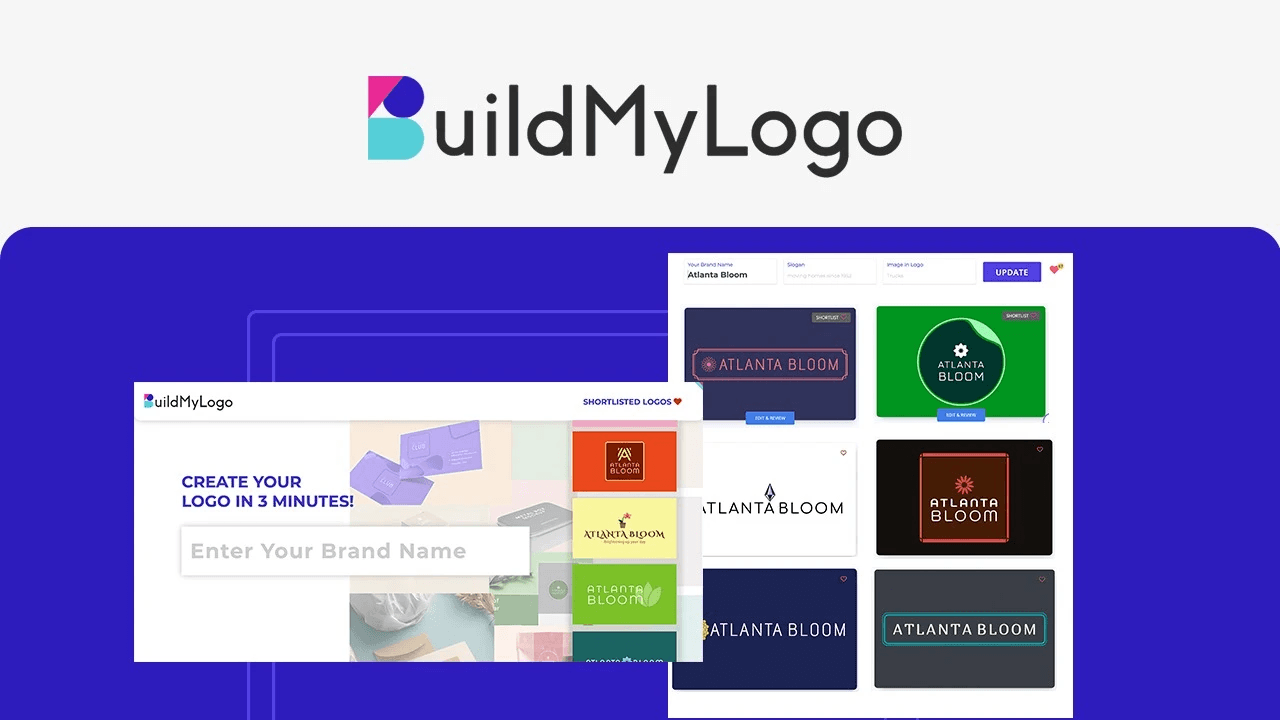Are App Stores on the way out?
Is the duopoly of the Apple App Store & Google Play coming to an end?
You're no doubt aware of the power the two tech giants Apple and Google have over the app ecosystem, combined with their ability to keep the users locked in to each "walled garden".
The problem of course is the costs involved in having an app can rapidly increase and for most small business a native app in each side is beyond the budgets of most small businesses. As a former app developer, I am more aware of this than many. The time involved and the increasing regulations from Apple make it harder and harder just to stay afloat.
That's why when putting together our new web design service the strength of the Progressive Web Application (PWA) had to come as a standard inclusion in all web design packages.
The PWA concept was initially developed by Apple long before the App Store concept and walled garden they breed came about and was promptly abandoned. Fortunately for us, other developers, including Google took up the concept seeing the full potential it can bring. Whilst Google still of course has their own Play Store, they saw the potential from an end user ease of use and of course greater search capabilities.
PWA Basics
You can read more about the details of Progressive Web Apps
in this article.
In essence, a PWA allows the end user to install an app on to their phone without the need of either app store while still maintaining the functionality and convenience of an app. It adds an icon to the home screen or app drawer and can be uninstalled in just the same way.
Whilst there are still some short falls in the tech such as lack of camera ability, the functions that are missing are for the most part irrelevant for most small business use. Despite that, develop continues strongly and it is inevitable that it will only continue to grow over time.
Who's using PWA's?
There's already some big guns out there utilising the power of PWA such as Twitter, Tinder and Spotify, and more locally Harvey Norman also have a PWA. You may even have seen them around the web and not even realised. Android users in particular will from time to time see pop up notifications at the bottom of the screen asking to install the relevant app. This, in most cases, is a PWA installation prompt.
Apple has dragged the chain integrating the tech in to Safari so it is mostly Chrome users that will see these pop ups.
Facebook's latest design refresh also includes PWA tech setting the stage for future plans to release them in to the wild. Each of these companies publicly stating how PWA's assist with reducing overall development time and the resource impact on their end user devices.
Microsoft has also announced they will list PWA's in the Windows Store which would make them available on millions of devices instantly.
How does all this affect the app stores?
Whilst Google has the breadth to live without the huge income the Play Store brings and still rely on the search potential it brings to their database, Apple doesn't have such luxury.
Apple is stuck between a rock and a hard place when it comes to PWA's as if they allow the tech, they effectively reduce a significant proportion of their income from the App Store. Yet if they don't implement it, they risk alienating and potentially losing customers due to PWA's increasing everywhere else on Android and Windows.
Whilst the end of app stores is unlikely to ever happen, their dominance will eventually diminish in favour of more open web technologies such as Progressive Web Apps, and the app store will simply become the home to more specialised apps.
In the mean time, all Irez clients can already begin utilising PWA'son their website allowing your clients to access your site even when offline.

Book a consultation
We will get back to you as soon as possible
Please try again later

Website design specialists for businesses on the Central Coast NSW.
Wyong
NSW 2259
All Rights Reserved | Irez Enterprise Pty Ltd





